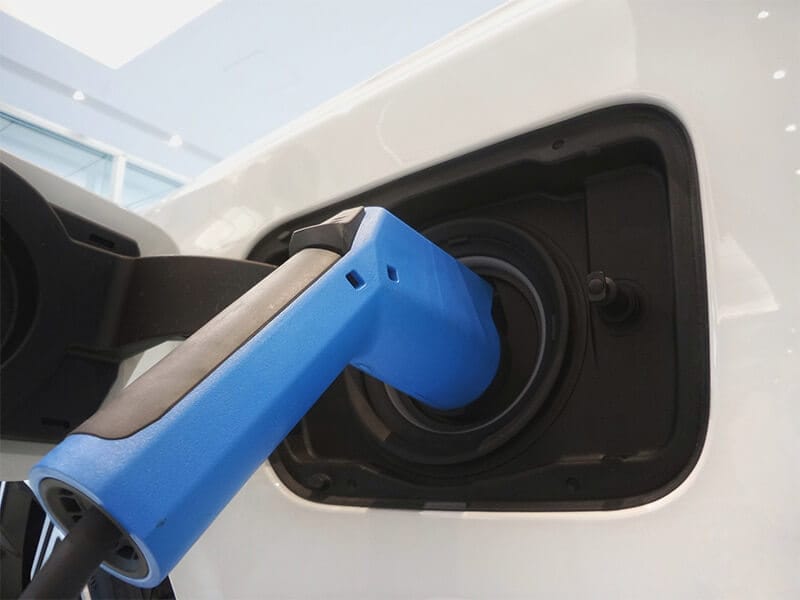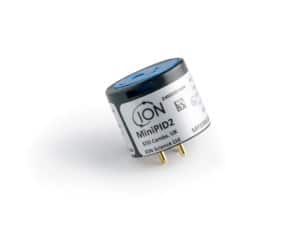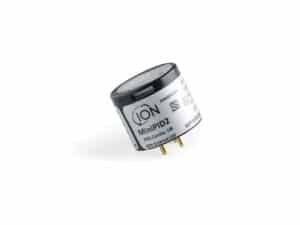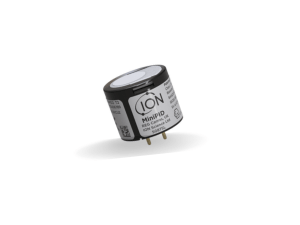
A Basic Guide to Lithium-ion battery risks
Lithium-Ion batteries are becoming an increasingly popular power source for a variety of different electronic products. Lithium-ion battery technology has evolved providing a very reliable battery of high specific energy (energy per unit mass), high volume energy and long life.
Why do we use Lithium-ion batteries?
More recently Lithium-Ion batteries have been adopted by electric and hybrid car manufactures due to their superior performance over Lead acid batteries. This has been a key driver for increasing electrified vehicle sales by over 60% since 2012. By 2040 an estimated 560 million electrified cars will be on the road worldwide.
Furthermore, the global use of lithium-ion batteries for Uninterrupted Power Supplies (UPS) and supporting renewable energy is projected to increase over 50 times during the same period. To meet this demand large scale production facilities, known as Gigafactories, are being built across the globe. It is estimated 20 facilities will be required to meet Europe’s demand alone.
How Lithium-ion batteries work
Batteries are either made from one cell or where higher energy storage is required, multiple cells. The main components of a cell are the cathode, anode, electrolyte and a separator that isolates the two electrodes. On discharge, a lithium metal, impregnated carbon anode releases electrons which move round the electric circuit and simultaneously lithium ions, which enter the electrolyte and move toward the cathode.
Battery electrolyte leakage
Battery electrolyte leakage will produce a volatile mix, which depends upon the liquid proportion of each volatile, its volatility and rate of volatilisation. Over time, the more volatile compounds will evaporate from a ruptured battery, leaving a less volatile, less detectable mix. Therefore, rather than using response factors, it is more meaningful to consider the prospective contribution of each volatile.
Typical Applications
- Cell and battery manufacturing
- Lithium ion battery product manufacturing lines
- UPS and battery storage monitoring
- Lithium Ion battery recycling
- Vehicle battery monitoring
- Lithium Ion battery transport
For further information, Please email info@ionscience.com or telephone: +44 (0) 1763 208 503 as we will endeavour to assist you with further details.
White Paper Article
Everything you need to know about A Basic Guide to Lithium-ion Battery Risks
Our White Paper Article is available to download below, the information provides you with key information regarding the rise in lithium-ion battery risks. Whilst the failure/success ratio of lithium-ion batteries is minimal, safety concerns have been raised due to well-publicised incidents of fire and explosions, most recently mobile devices are having issues with battery packs. Given the risk, early detection of defective lithium-ion batteries is imperative.

Download your copy of ‘A Basic Guide To Lithium-ion Battery Risks’
Click the button below to download the White Paper Article.





 United Kingdom
United Kingdom






